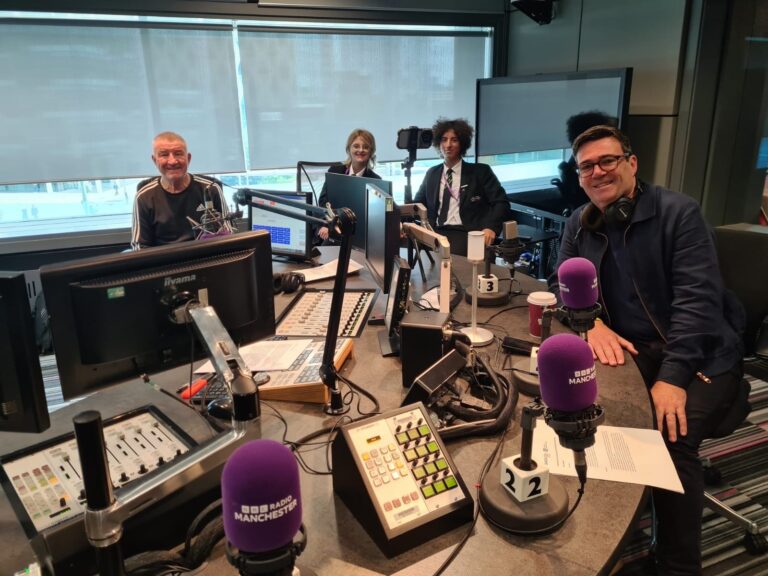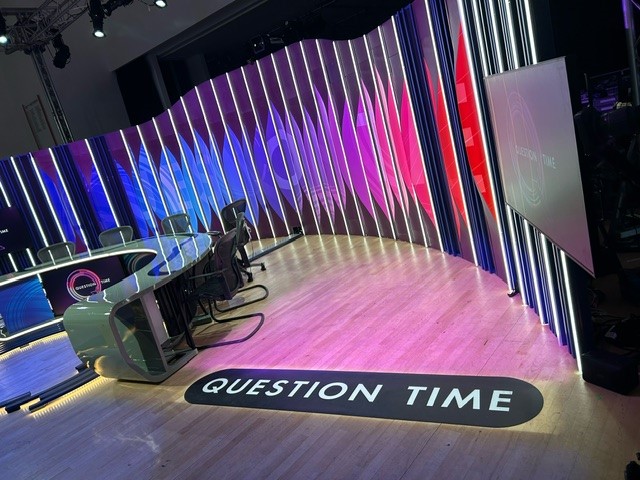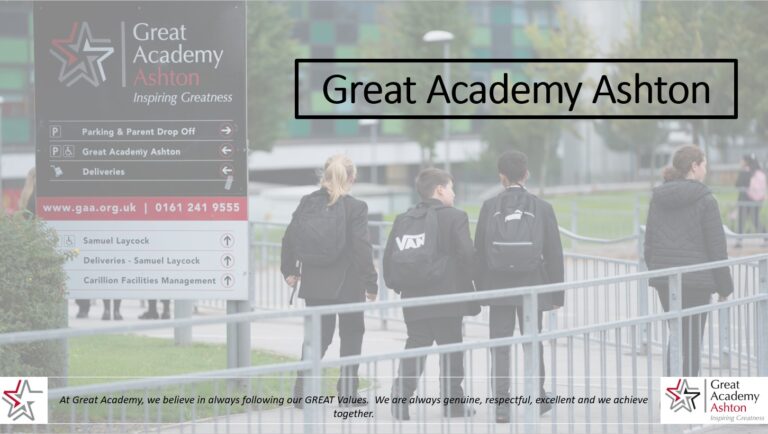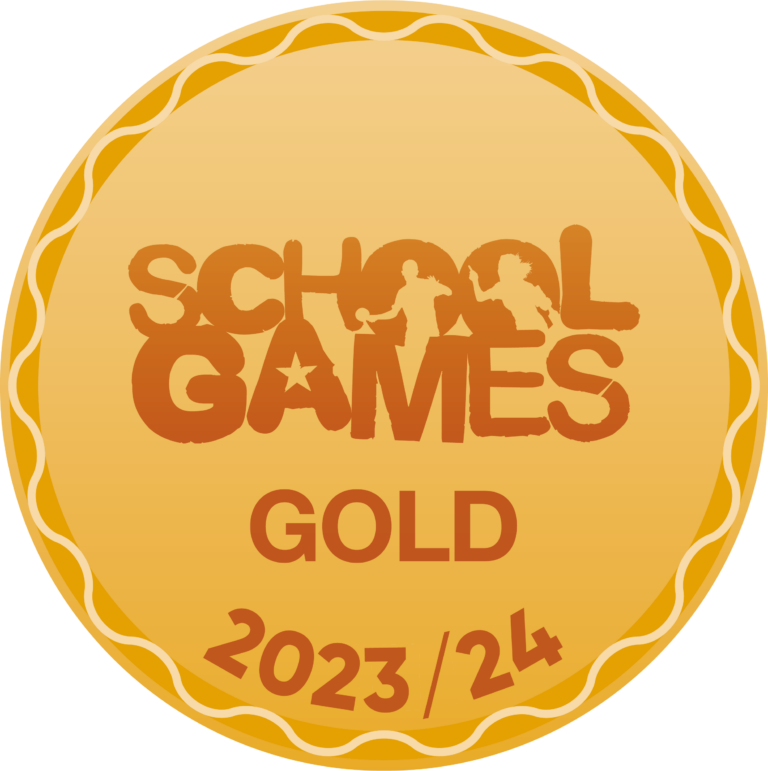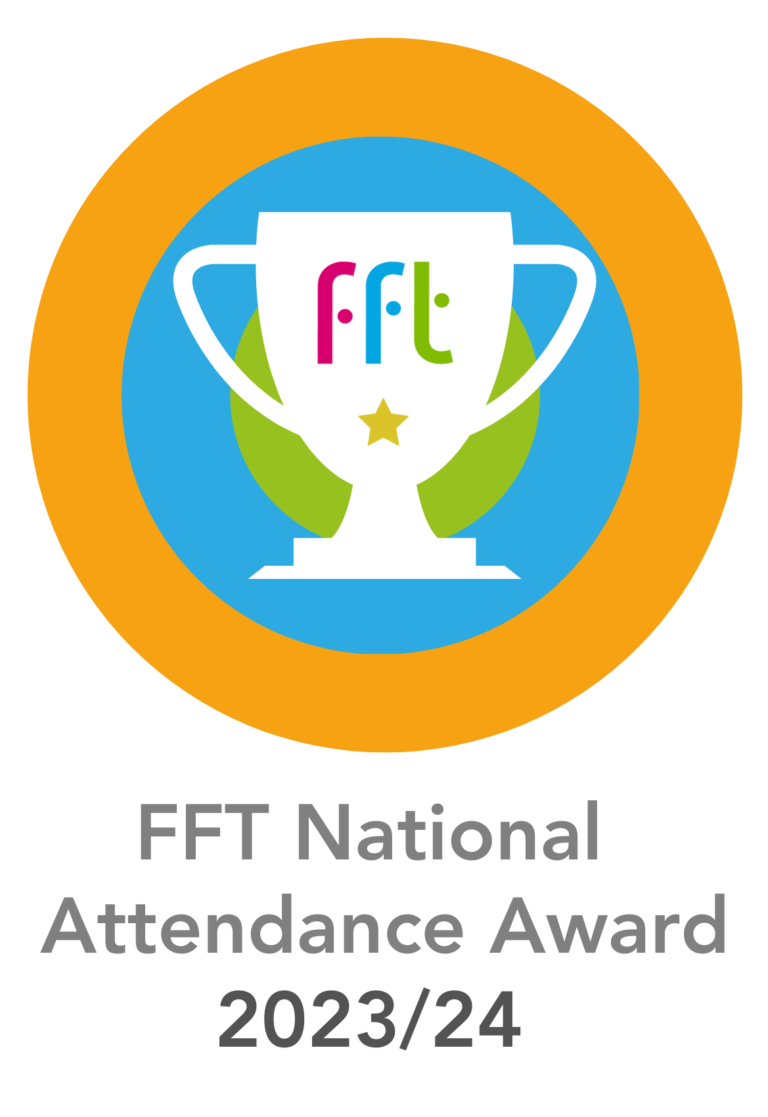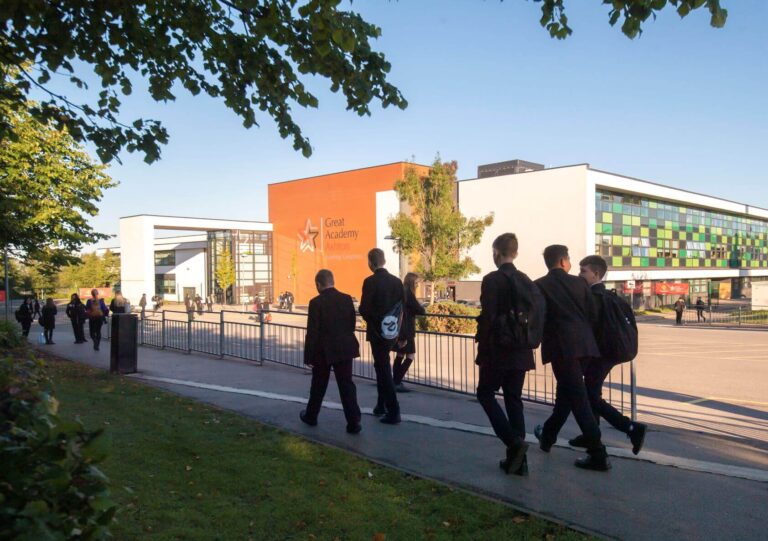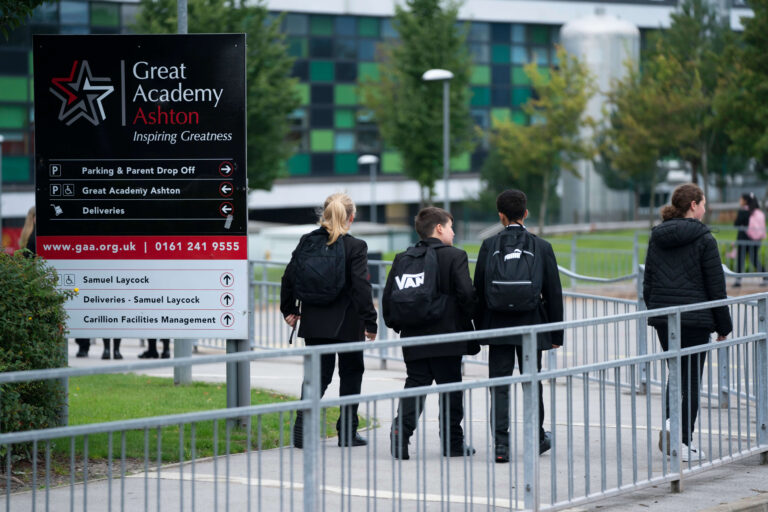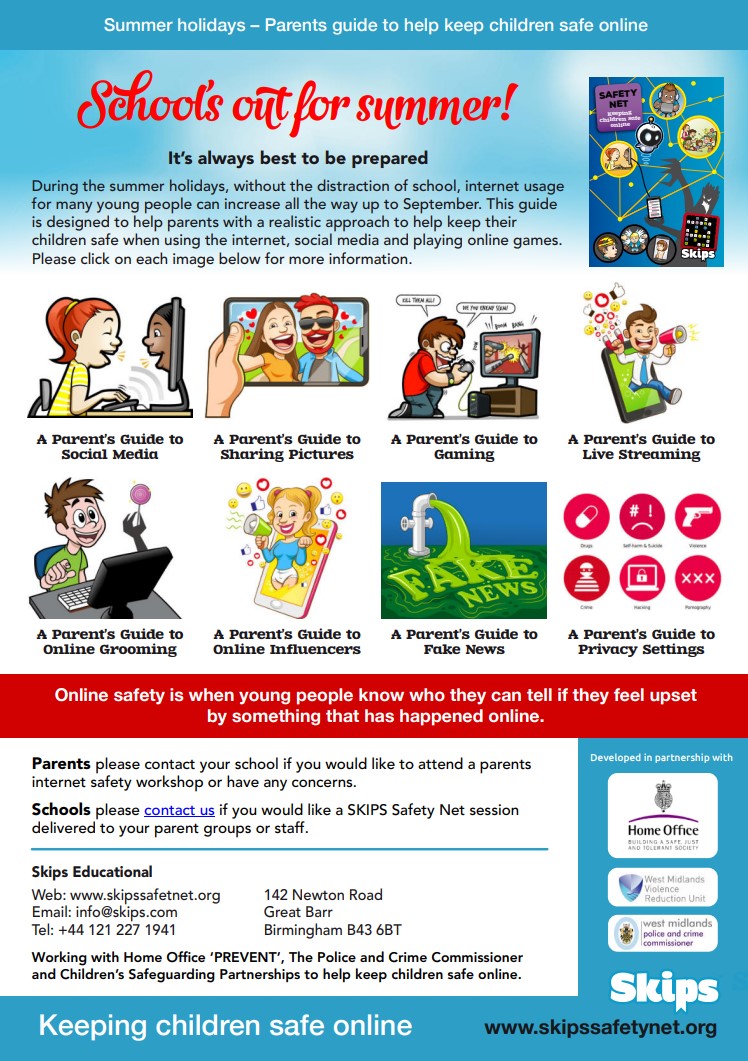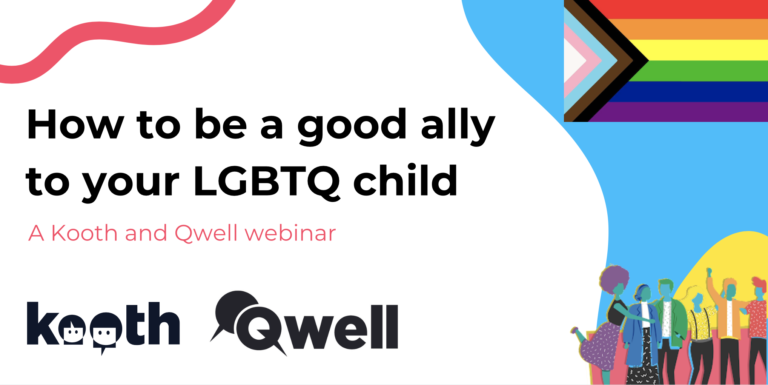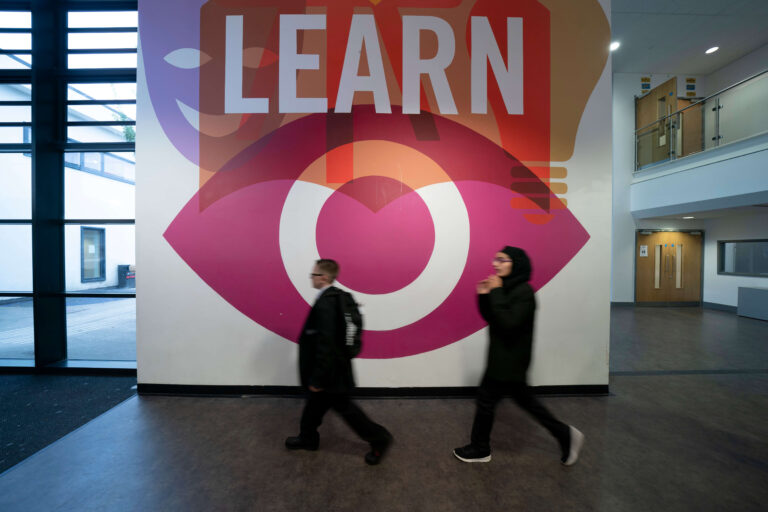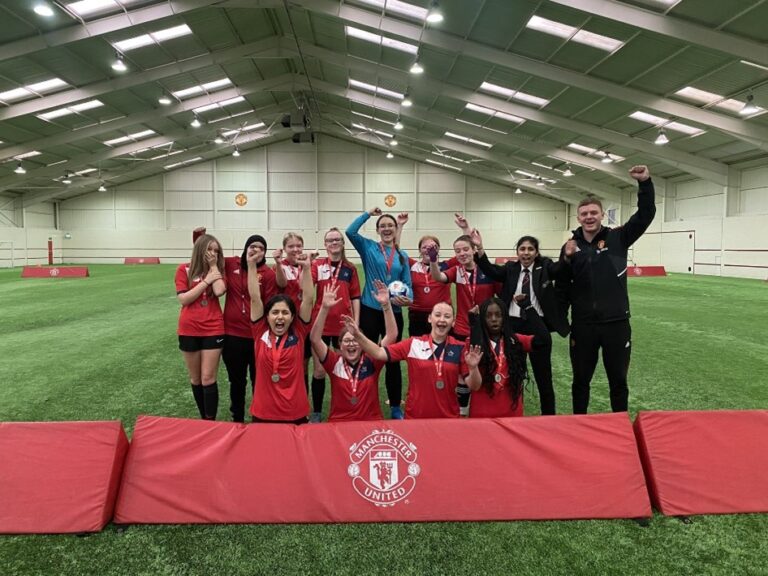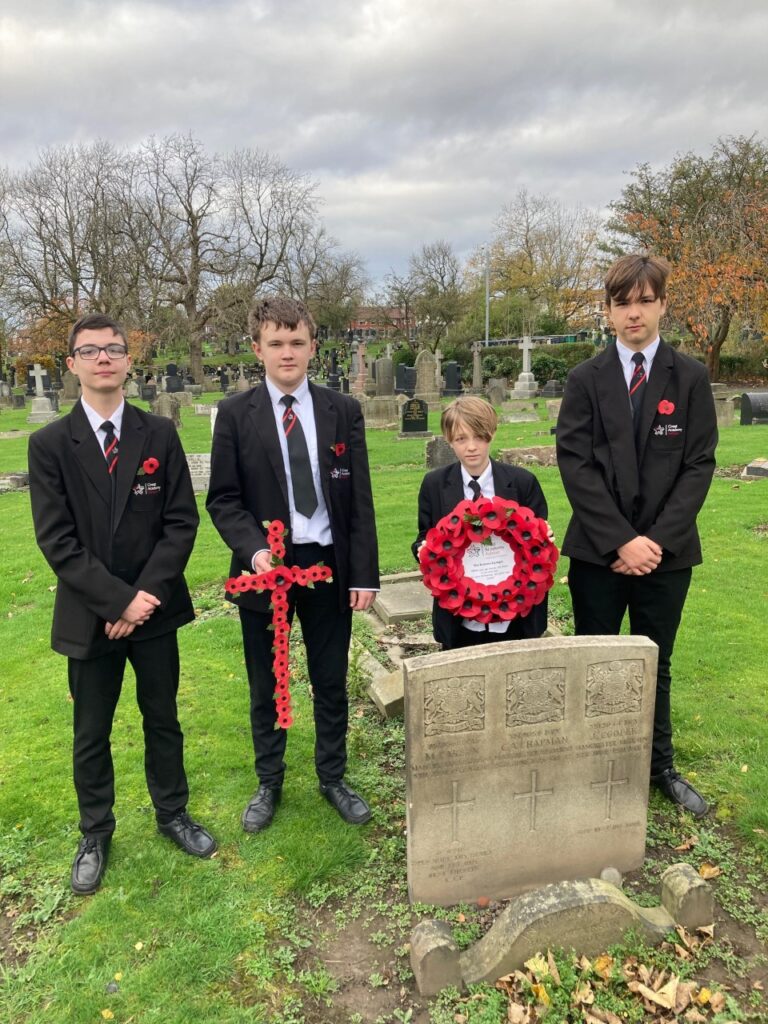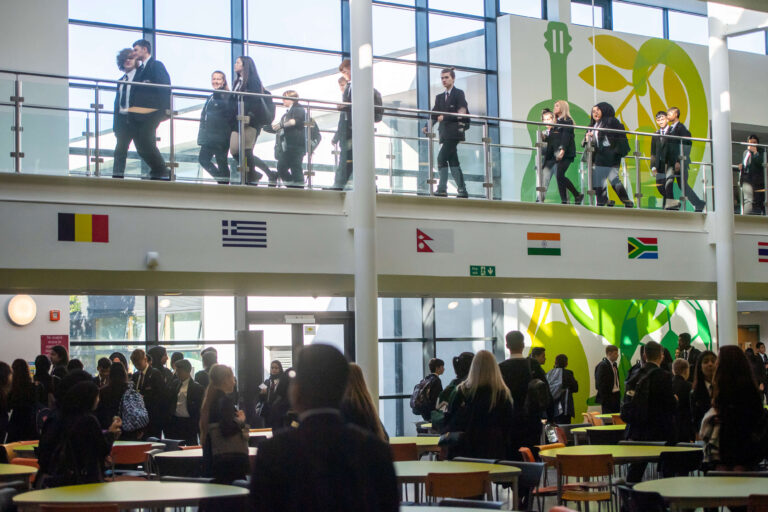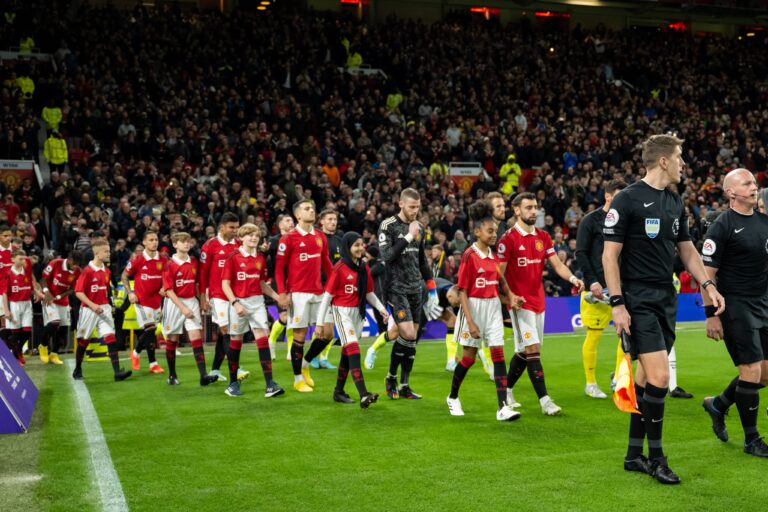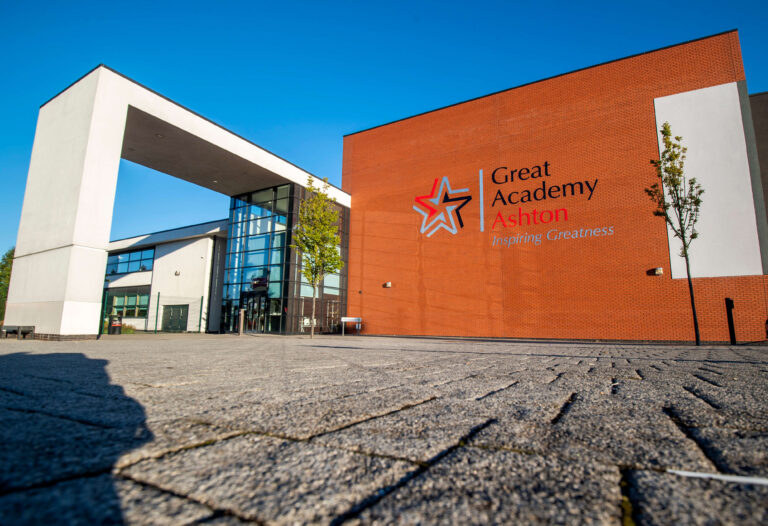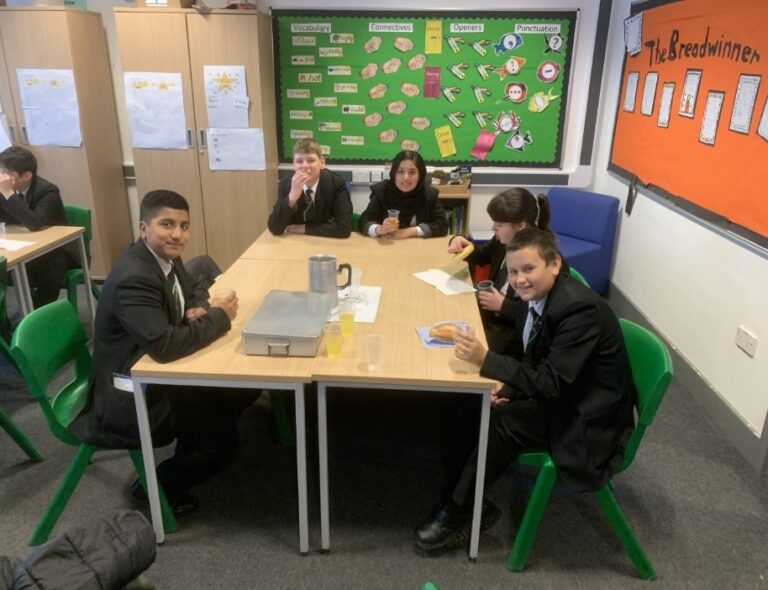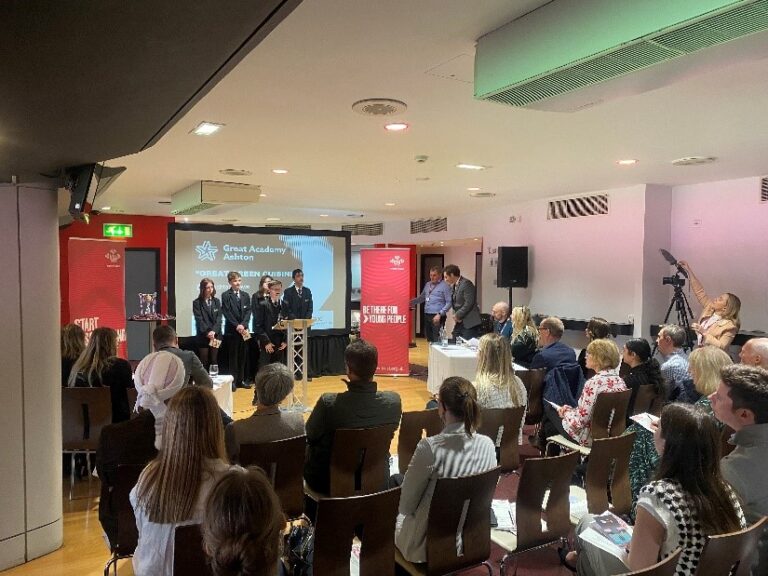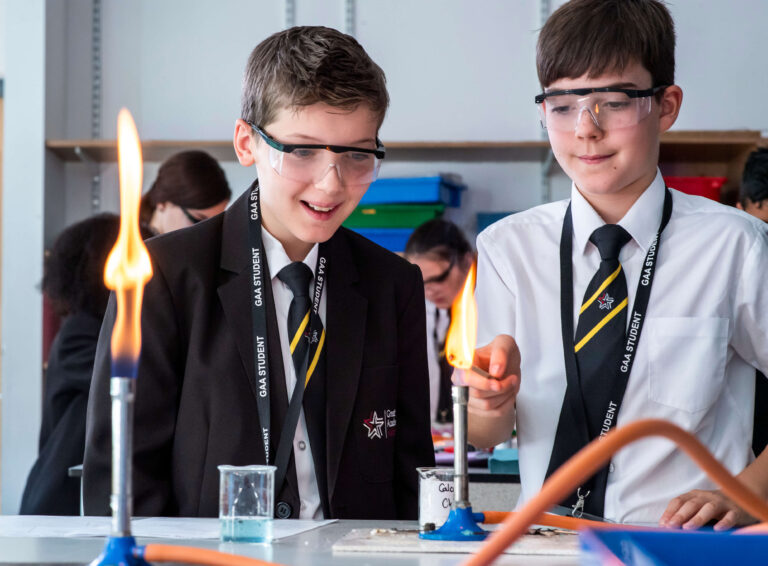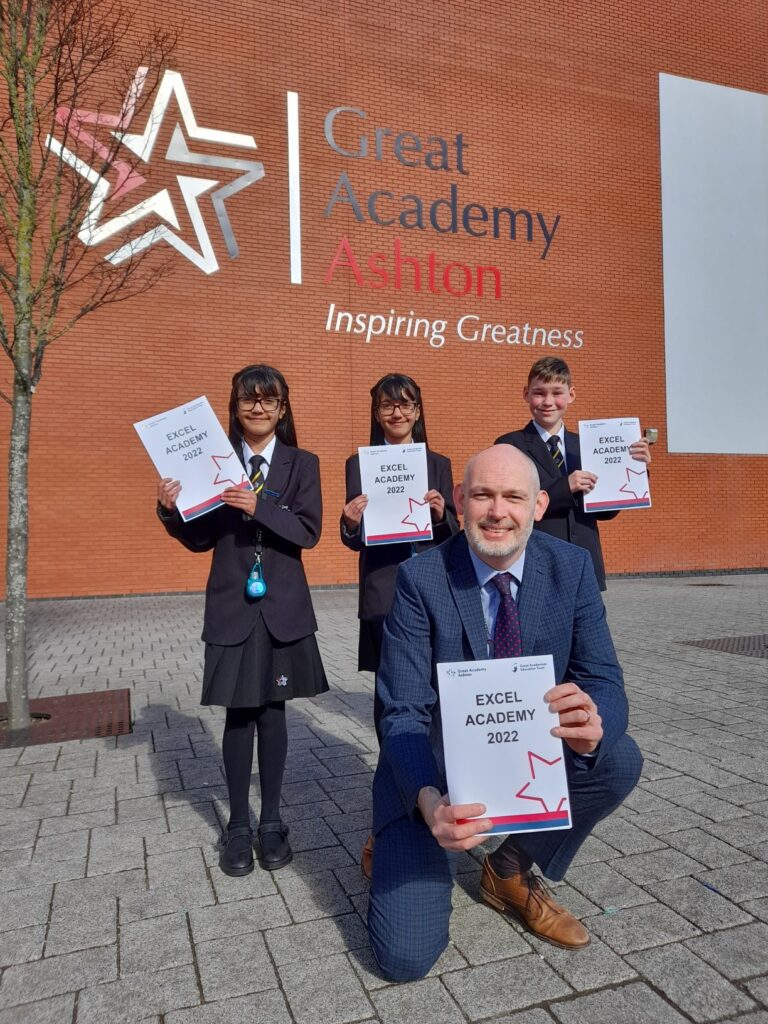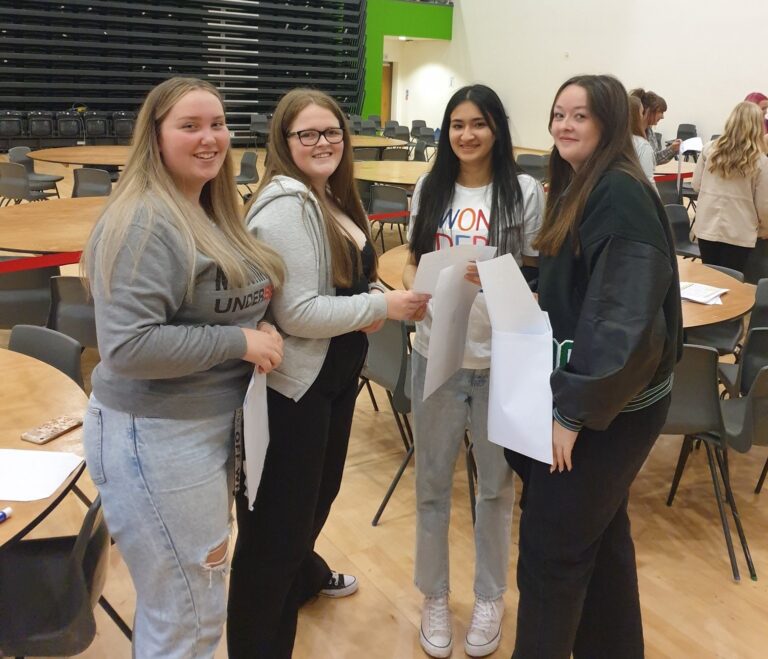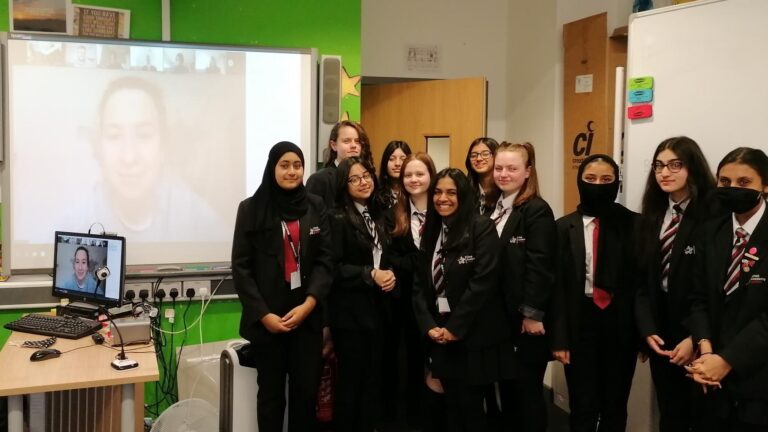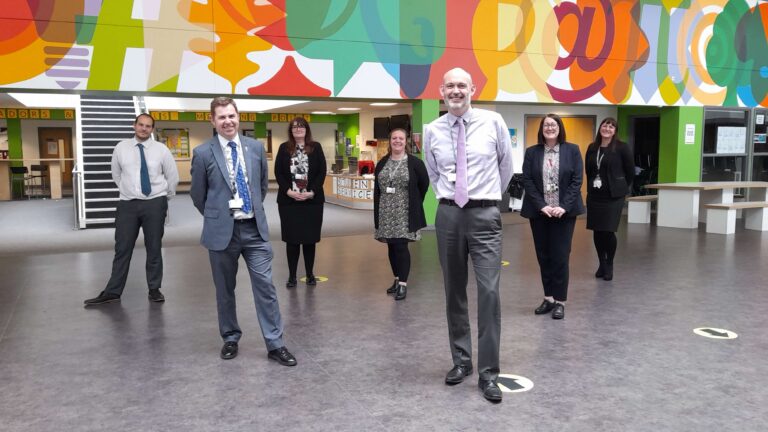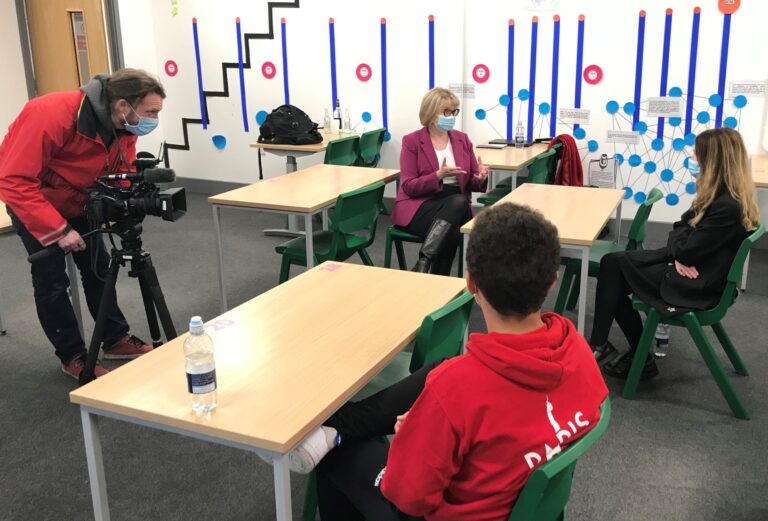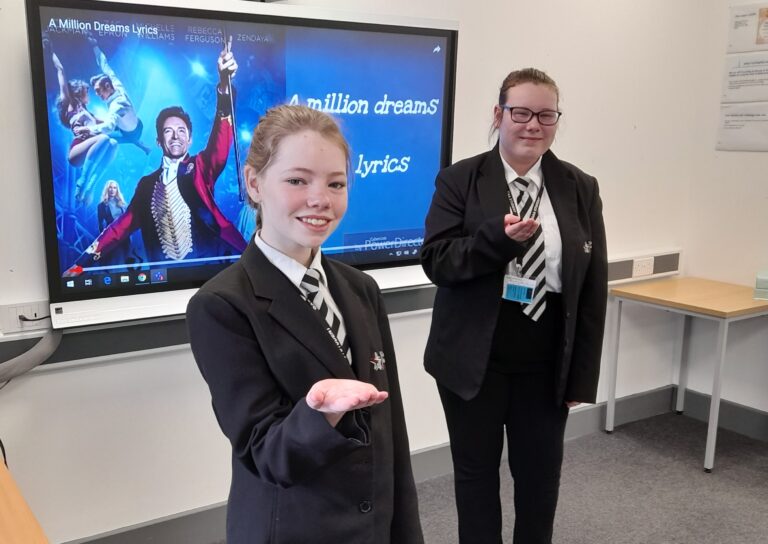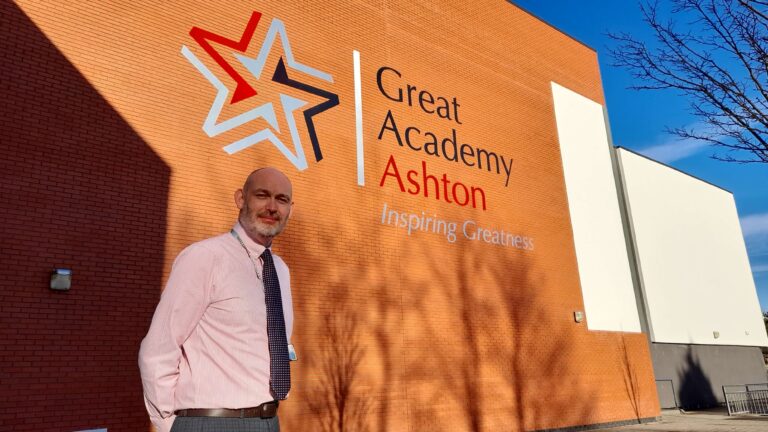Literacy
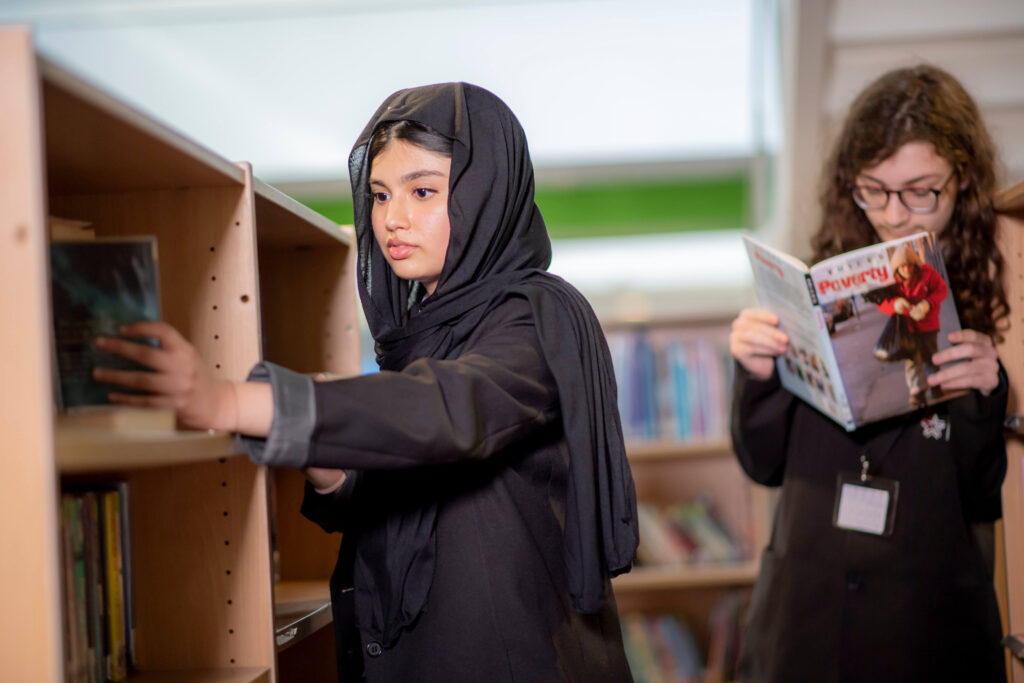
Reading and Disciplinary Language at GAA
At Great Academy Ashton, we have an academy wide focus on improving students’ ability to read, understand and speak using academic and disciplinary language.
Vocabulary: Academic Language
Words can be classified into three tiers. High frequency words are tier 1; we use them all the time and students usually have good knowledge of these words.
Tier 3 words are subject specific, for example ‘meander’ bend in a river, ‘evaporation’, ‘photosynthesis’ … these words are covered in key words in lessons and as such, students often understand and apply these words with confidence. It is tier 2 words, frequently used in written text but less commonly in speech, these words are proven to provide difficulty for students to understand. Please see below the 51 Academic Words that we expect all students to understand and apply in their time with us. Students will see and hear these words around the academy every day.
Reading
Reading for Pleasure
Parents often ask, how can they support their child at home? Encouraging children to read for pleasure is research proven to aid progress across the entire school curriculum and continues to benefit children into adulthood. Reading for pleasure broadens the world for children, they can visit new places, meet new characters, explore new ideas and use their imagination to experience a range of contexts and settings.
To support our students to read for pleasure, we have a well stocked, newly re-fitted school library. All students in KS3 have a library induction lesson and the library is open at break time, lunch time and for a range of after school clubs from Monday to Thursday. All form groups have a fiction book they read as a class, aloud during Reg and Read (scroll down for more information on Reg and Read and our GAA literary canon). Please see below our recommended reading lists for each key stage and a simple guide to aid reading at home.
Reading for Comprehension
Reading for comprehension is when we ask students to read texts to search for meaning or to gather new knowledge, skills or understanding. In secondary schools, this reading happens in every subject and often takes the form of text books, work sheets, extracts from academic journals and reading these types of literature is a skill that needs to be worked upon. Even confident readers can struggle with academic texts and at GAA we explicitly teach skills to aid this. All students in Key Stage 3 and selected students in Key Stage 4 use Reading Plus, an online reading software package, in a dedicated reading lesson in English curriculum time. Reading Plus is an adaptive literacy solution that improves fluency, comprehension, vocabulary, stamina, and motivation. https://www.readingplus.com/ Students can access their Reading Plus account at home as well as in school.
All subjects in school have also devised a bespoke Wider Reading List, these lists contain additional reading that will support the topics of study. These lists are a variety of books, websites, blogs and podcasts. Please see below the Wider Reading Lists for each subject.
Finally, all students in Years 7-10 take part in the New Group Reading Test https://www.gl-assessment.co.uk/assessments/products/new-group-reading-test-for-secondary/ we use this test to identify students who require intervention and to help us identify areas of reading ability that most need support.
Reg and Read
Oracy
Oracy is the ability to articulate ideas, develop understanding and engage with others through spoken language. In school, oracy is a vital tool for learning; by teaching students to become more effective speakers and listeners we empower them to better understand themselves, each other and the world around them.
At GAA, we believe spoken language to be essential in the development and achievement of our children across the curriculum. Children are taught how to be effective communicators through oracy projects that feature skills such as storytelling, debating and presenting. Good oracy skills support wider literacy skills; improvement in oracy is also linked to improvements in reading, writing, and overall attainment.
Respectful and productive relationships between all who form part of the school community are crucial aspects of our oracy ethos. We place a high priority on supporting the development of good speaking and listening skills amongst our pupils. Correct spoken language in the academic register and development of vocabulary is fundamental to learning. We aim to develop and encourage fluent speakers, with rich vocabulary, who are confident to operate in a wide range of situations. Speaking and listening play a part in all lessons and in later life, by providing opportunities for structured, professional talk and by demanding respectful language during social times; we are equipping students for the adult world. Please see below a simple guide to support your child’s oracy at home.
Writing
Having a whole school focus on vocabulary, reading and oracy will in turn lead to an improvement in writing. Writing is a multidisciplinary skill, that is, writing is required in all subjects to express ideas, knowledge, skills and understanding. At GAA the focus to improve writing is through modelling. https://literacytrust.org.uk/resources/writing-in-secondary-subjects/ The different models that subjects use will vary depending on the nature, purpose and audience of the piece of writing in question. There are various exemplars of what constitutes ‘good’ writing, they often include voice, ideas, presentation, conventions, organisation, word choice, and sentence fluency. In supporting students to improve their writing, GAA adheres to the following simple strategy and parents can refer to this using the document below.
